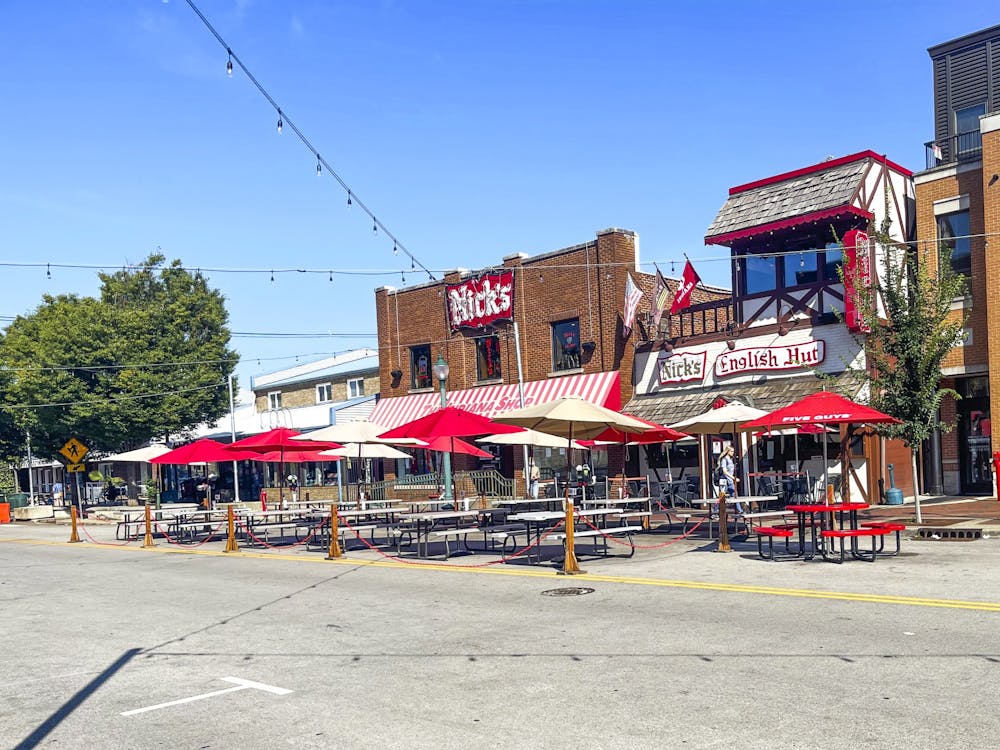Over a year into the COVID-19 pandemic, Bloomington’s businesses are finding it difficult to fill shifts, hire employees and retain the workers already on staff.
Local businesses have been forced to adapt to this new uncertainty. Restaurants like the Village Deli have temporarily shuttered their doors while businesses like Pourhouse Cafe and Darn Good Soup have had to permanently close.
Jeff Mease is the owner of several businesses across Bloomington, including Pizza X, Lennie’s, Bloomington Brewing Co. and Hive. Mease posted a Facebook announcement Monday detailing changes he is making to his businesses to combat the labor shortage. He said he’s changed the base wage to $12 per hour and provided extra pay to all restaurant staff for any work they do after they have completed 30 hours in a week instead of the federally required 40 hours. He said he’s also considering closing all Pizza X locations every Monday.
Mease said before the pandemic, the pay and benefits he offered to his employees was enough to hire and keep workers. He said it is not enough now, with businesses having to increase wages and prices to address health and safety uncertainties due to COVID-19.
“So we think that $12 an hour is a pay that, at least in the moment, gets us to be in the game, and I expect that to go up,” Mease said.
Restaurant franchises are also finding it hard to hire staff. Brandon Truex, general manager of Cracker Barrel’s Bloomington location, said the labor shortage their restaurant faces is no different. Franchises like Cracker Barrel can’t easily set themselves apart from local competitors to attract applicants since pay changes have to come from their corporate headquarters.
Truex said one of the only ways they can attract employees is through word of mouth.
“That’s kind of what we’re trying to focus on right now,” Truex said. “Whatever employees we have we say, ‘If you have friends looking for jobs, tell them to apply.’”
IU economics professor Seth Freedman said existing worker complaints such as poor working conditions, poor management and above all poor pay have all been exacerbated by the pandemic, and one of the only things businesses can do is offer higher wages.
“It's possible that even coming out of the pandemic people will remember why they thought it was a bad job,” Freedman said. “And there will be upward pressure on wages in these industries for these other reasons as well.”
Freedman also said wages that were increased during the pandemic are unlikely to come down. The raised wages will likely become the new baseline after the pandemic ends, so employers will have to adjust.
How long these businesses will take to make these changes after the pandemic is uncertain. Freedman said that many factors go into calculating how businesses will react and how long it will take them to adjust, which is different for every business.
Mease said he thinks of rising industry wages as a reset. He said he believes within a year, people will start to see businesses readjust to a wage equilibrium.
“We're in an imbalance right now, and it's driving up the price of labor,” Mease said. “Labor price is going to move. I think that this will continue for a while.”




